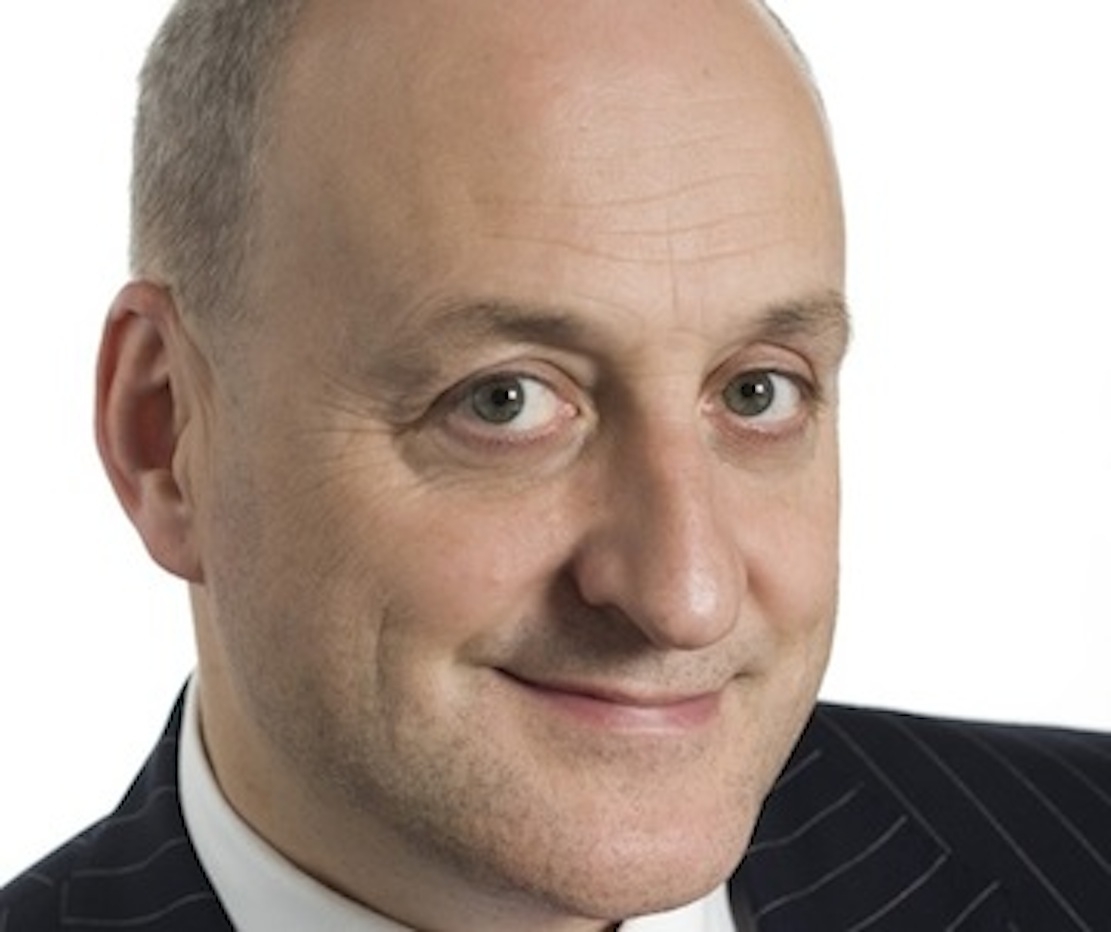The chairman of the Association of Member Directed Pension Schemes will step down tomorrow.
Neil MacGillivray, head of technical support at James Hay, is set to hand over the reins at the AMPS annual conference.
A new chairman will be appointed at the first committee meeting after the AGM which is in October. In the interim period Zachary Gallagher, the current Honorary Secretary, will take charge.
There will be four new committee members this year confirmed at the AGM.
Fiona Nicol, The Pensions Ombudsman’s casework director, and former Pensions Minister Steve Webb will be among the speakers at tomorrow’s gathering.
The capital adequacy changes have been the hot topic lately, but Mr MacGillivray said this has been covered at length at previous events and so the focus will be on future challenges.
He said: “The new requirements are now in place and firms should be well aware of these and taken steps to ensure they have made sufficient provision.
“We have a wide and diverse programme on subjects that should be all of interest to our members.”
More recent concerns from AMPS members surround the 30 day rule, he said.
He said: “This has been driven mainly by the suspension of some regulated property funds and cash deposits which require to be held for more than 30 days being regarded as non-standard assets.”
The toughest challenges and main concerns for the next year for Sipp providers are pension liberation, relief at source on in-specie contributions and defending the industry against legal challenges being made by claim management firms, Mr MacGillivray said.
In terms of his view on the likelihood of further consolidation in the sector, he said: “There appears still to be a hunger in the industry for acquisitions so I am sure there will be but not on the scale seen of late.”
Fellow Sipps Professional columnist Claire Trott recently expressed concerns over the way acquisitions were going in the market.
She said: “There are many reasons for consolidation of Sipp books, but the least favourable is likely to be because the provider is no longer willing or able to continue to run the business.
“This kind of forced sale, usually with the involvement of the FCA, is likely to be the most disruptive with no real consideration given to the wishes of the Sipp investors and whether they want their Sipp to be administered by the new firm.
“My biggest concern is that many of these distressed books are going to one or two big providers. I understand the FCA want them in a large safe pair of hands, but there is only so much those hands can hold before it starts falling though their fingers.”
Asked if he shared her concerns, Mr MacGillivray said: “The pace of consolidation has been dramatic whether forced or not. There is no doubt that by taking over any business there will be issues with different systems and procedures.
“One has to hope that proper due diligence and consideration has been taken by the acquiring firms that they have the resources and expertise to merge these businesses together so as not inconvenience the end client.”
The new committee will agree the agenda for the next 12 months and appoint the office bearers at the following committee meeting in October.

